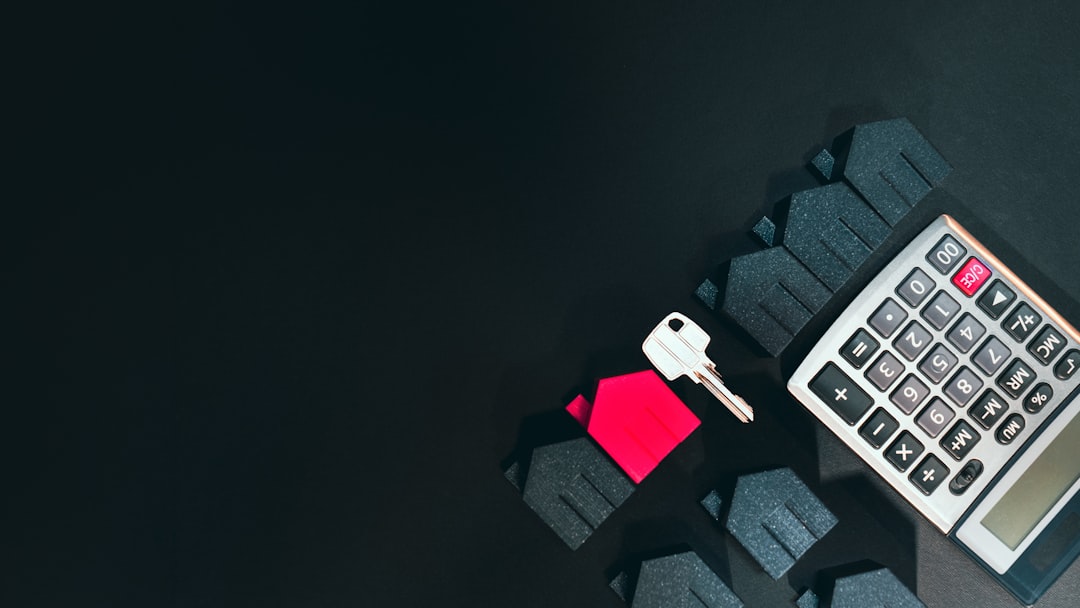An unsecured debt consolidation loan combines multiple high-interest debts into one lower-rate loan without collateral. It simplifies repayment, saves money, and is accessible to borrowers with good credit. However, defaulting can lead to asset loss. When choosing, compare interest rates, loan terms, fees, and lender reputation. Secured loans use collateral for potentially lower rates but carry risk. Assess financial situation, credit score, and payment capabilities before deciding.
Unsecured debt consolidation loans offer a path to financial relief by combining multiple high-interest debts into a single, more manageable payment. This article guides you through understanding what is an unsecured debt consolidation loan and its benefits for simplifying finances. We’ll explore the advantages and drawbacks of this approach and delve into key factors to compare loan offers from multiple lenders. Additionally, we’ll help you evaluate interest rates, terms, and choose the best solution tailored to your financial needs.
- Understanding Unsecured Debt Consolidation Loans
- Benefits and Drawbacks of Unsecured Consolidation
- Factors to Compare Loan Offers From Lenders
- Evaluating Interest Rates and Terms
- Choosing the Best Loan for Your Financial Needs
Understanding Unsecured Debt Consolidation Loans

An unsecured debt consolidation loan is a financial instrument designed to simplify and streamline repayment for multiple outstanding debts. Unlike secured loans that require collateral, unsecured loans rely solely on the borrower’s creditworthiness and repayment ability. This type of loan allows individuals to combine various high-interest debts, such as credit card balances, personal loans, or medical bills, into a single payment with a lower interest rate. By doing so, borrowers can save money on interest charges and potentially shorten their overall repayment period.
What sets unsecured debt consolidation loans apart is their accessibility; they are typically easier to qualify for because they don’t require any collateral. Lenders assess the borrower’s credit history, income, and debt-to-income ratio to determine eligibility. This makes them an attractive option for those looking to simplify their financial obligations without putting up any assets as security.
Benefits and Drawbacks of Unsecured Consolidation

An unsecured debt consolidation loan is a financing option where borrowers can merge multiple high-interest debts into a single loan without using any collateral. This type of loan offers several advantages. Firstly, it simplifies repayment by consolidating various debts into one manageable payment, reducing administrative burdens and potential late fees associated with multiple accounts. Moreover, unsecured consolidation loans often come with lower interest rates compared to individual debt lines, saving borrowers money in the long run. This is particularly beneficial for those burdened by high-interest credit card debts or short-term loans.
However, there are also drawbacks to consider. Since these loans are not backed by collateral, lenders may charge higher interest rates to compensate for the increased risk. Additionally, if a borrower defaults on repayments, they risk losing other non-collateralized assets, as there is no security for the lender to claim. As such, borrowers should carefully assess their financial situation and ensure they can commit to consistent repayments to avoid potential consequences.
Factors to Compare Loan Offers From Lenders

When comparing loan offers from various lenders, several key factors come into play. Firstly, understand that an unsecured debt consolidation loan is a popular option where no collateral is required, focusing solely on your creditworthiness and repayment ability. This type of loan simplifies the process by consolidating multiple debts into one with a single interest rate, making it easier to manage and potentially reduce overall interest costs.
In addition to interest rates, assess the loan terms, including the repayment period, which can range from several years to decades. Longer terms often mean lower monthly payments but accumulate more interest over time. Compare fees like origination or processing charges, prepayment penalties (if any), and the lender’s overall reputation for customer service and satisfaction ratings. These considerations will help ensure you secure the best possible loan offer tailored to your financial needs.
Evaluating Interest Rates and Terms

When comparing low-interest debt consolidation loans, a crucial factor is evaluating the interest rates and loan terms offered by different lenders. An unsecured debt consolidation loan is a popular choice as it doesn’t require collateral, making it accessible to many borrowers. Lenders compete for your business, often resulting in favorable interest rates and flexible terms. Keep an eye out for fixed interest rates, which provide stability and allow you to budget more effectively.
The loan term also plays a significant role in determining the overall cost of your debt consolidation. Shorter terms mean higher monthly payments but potentially save on interest over time. Conversely, longer terms reduce monthly payments but extend the period over which you’ll pay back the loan, thus accumulating more interest charges. Carefully compare these factors to find the best balance between manageable monthly payments and long-term savings.
Choosing the Best Loan for Your Financial Needs

When considering a low interest debt consolidation loan, it’s crucial to match offers from multiple lenders and pick the one that best aligns with your financial needs. A key decision point is whether to opt for a secured or unsecured debt consolidation loan. An unsecured debt consolidation loan doesn’t require collateral, making it an attractive option if you’re wary of risking assets like your home or car. This type of loan is based purely on your creditworthiness and income, offering lower interest rates as a result.
However, unsecured loans may come with stricter borrowing limits and higher fees compared to secured options, which use an asset as collateral. Secured loans can offer lower interest rates, but you risk losing the asset if you fail to repay. Therefore, evaluating your financial situation, credit score, and ability to afford both the loan payments and potential collateral repercussions is essential before settling on a debt consolidation plan.
When considering a low interest debt consolidation loan, understanding what an unsecured debt consolidation loan entails is crucial. By weighing the benefits and drawbacks, comparing offers from multiple lenders based on factors like interest rates, terms, and fees, you can make an informed decision to choose the best loan that aligns with your financial needs. Remember that navigating this process requires diligence, but it can be a game-changer in managing your debt effectively and securing a brighter financial future.
